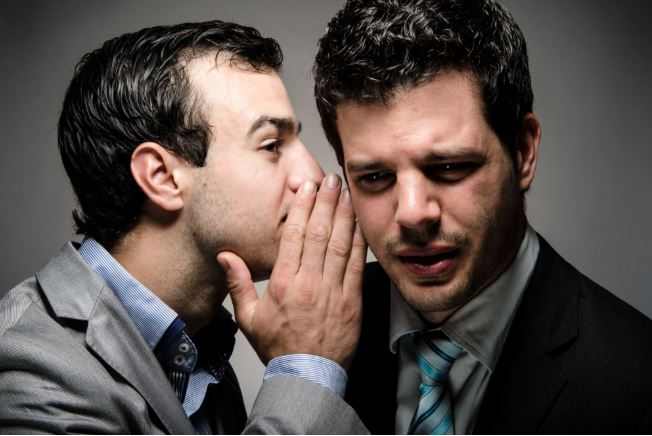


 11:23:23
11:23:23  2025-08-07
2025-08-07  2133
2133

The influence of friends on a child often surpasses that of parents and even teachers in some cases. Children generally adopt the behaviors and attitudes of their friends because they share similar ways of thinking and aspirations.
Friends can pave the way for many forms of deviation. Their bad behavior may lead the child to imitate them later on. Examples include running away from home or school, negligence, or moral deviation. Boasting, mockery, idleness, aggression, and rebellion are often the result of accompanying and imitating peers.
Children are highly attracted to new behaviors and quickly try to imitate them when they see them. It is very clear that each child develops a personal style and approach based on their social environment, which they reflect in real-life interactions with their peers. For instance, a child may steal because a friend did it first, or engage in violence and ridicule, among other behaviors.
Peer Relationships:
Children engage in a kind of exchange among themselves. They share morals, behaviors, and both beneficial and harmful information, seeking attention through these interactions. Parental instability, lack of harmony between parents, or frequent absence from the child's life can negatively affect these relationships and lead to a difficult and troubling future for the child.
Naturally, when a child meets someone they trust, they will open up and share personal and family problems, injustices they feel, and their thoughts about breaking free from perceived constraints. Sometimes, they groan in front of their friends; at other times, they boast, trying to protect their ego — not necessarily because they want to, but to prove they are just like their peers. If they kick something, it’s to prove they can too; if they mock someone, it’s to make others laugh and show they are not inferior — all of which can lead to serious consequences.
Monitoring Friends:
Therefore, it is essential for parents and educators to investigate and understand who their children associate with, where they go, who they spend time with, and how they play. As much as possible, they should intervene to sever ties with peers who exhibit poor morals or offensive speech.
We believe that every child needs a friend — someone who thinks like them, laughs, plays, and cries with them. But such friendships should be limited if they begin to harm the family's values or human dignity.
Choosing Friends:
It’s worth mentioning that forbidding a child from seeing their friends without a valid reason will not heal anything — cutting off relationships randomly and without thought is not the solution. As stated earlier, having friends is essential to a child’s growth and development. If banned publicly, the child will likely build secret relationships with peers. Therefore, it’s better for parents — especially in indirect ways — to help choose their children's friends.
Parents can select well-known children and collaborate with their parents to arrange playdates and meetings, introduce the children to each other, and encourage their friendship by having them meet at one house, providing toys, or sitting them around the same table.
Such a strategy minimizes mistakes and prevents the child from learning inappropriate and undesirable behaviors.
Reality Of Islam |
|

Get ready f

Researchers

A new metas

As air frye
 9:3:43
9:3:43
 2018-11-05
2018-11-05
10 benefits of Marriage in Islam
 7:5:22
7:5:22
 2019-04-08
2019-04-08
benefits of reciting surat yunus, hud &
 9:45:7
9:45:7
 2018-12-24
2018-12-24
advantages & disadvantages of divorce
 11:35:12
11:35:12
 2018-06-10
2018-06-10
 6:0:51
6:0:51
 2018-10-16
2018-10-16
 8:25:12
8:25:12
 2022-03-09
2022-03-09
 5:58:12
5:58:12
 2021-12-18
2021-12-18
 2:42:26
2:42:26
 2023-02-02
2023-02-02
 10:43:56
10:43:56
 2022-06-22
2022-06-22
 11:2:27
11:2:27
 2022-10-06
2022-10-06
 2:11:12
2:11:12
 2022-10-15
2022-10-15
 6:14:17
6:14:17
 2018-06-21
2018-06-21
 5:41:46
5:41:46
 2023-03-18
2023-03-18
| LATEST |